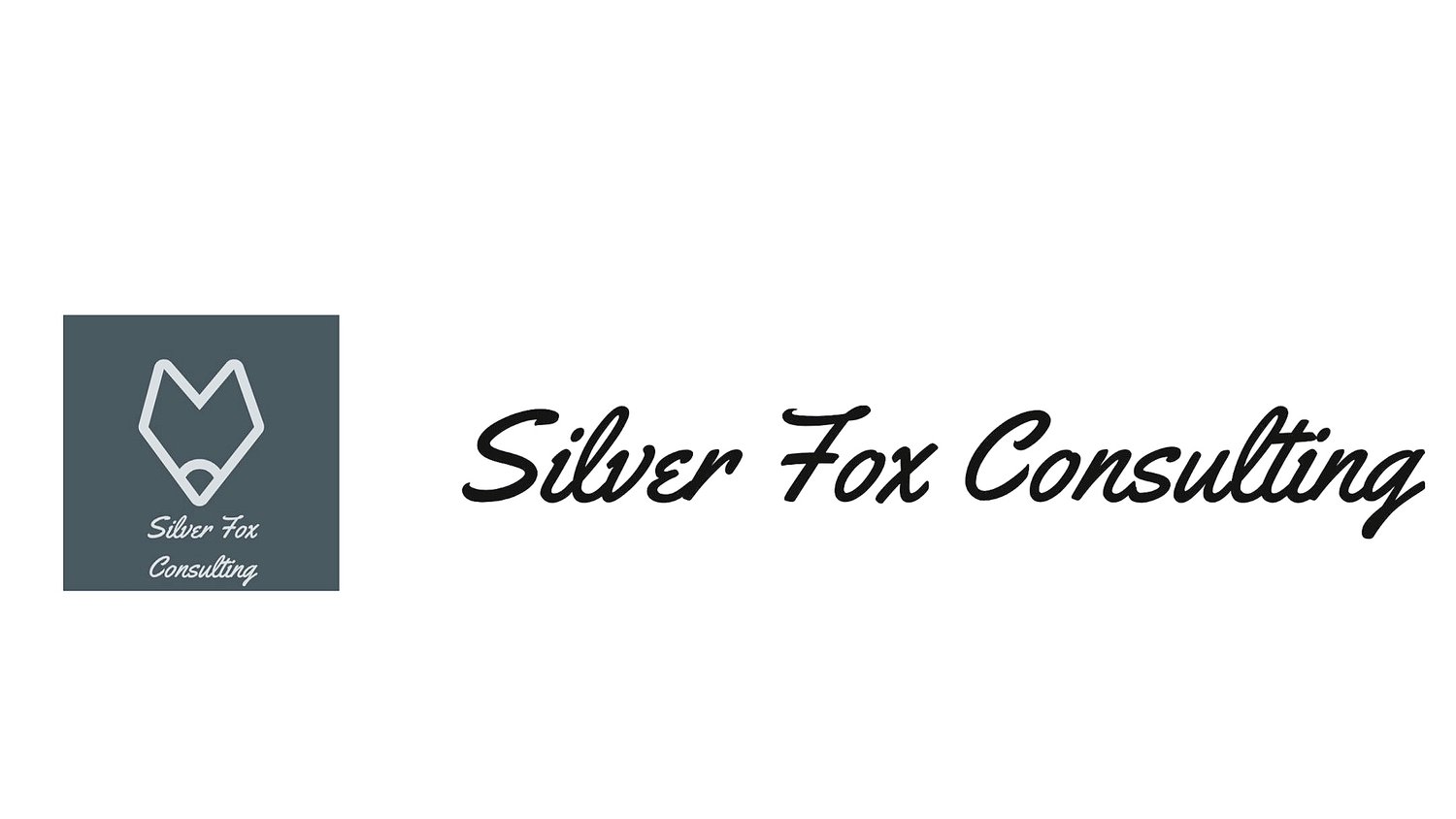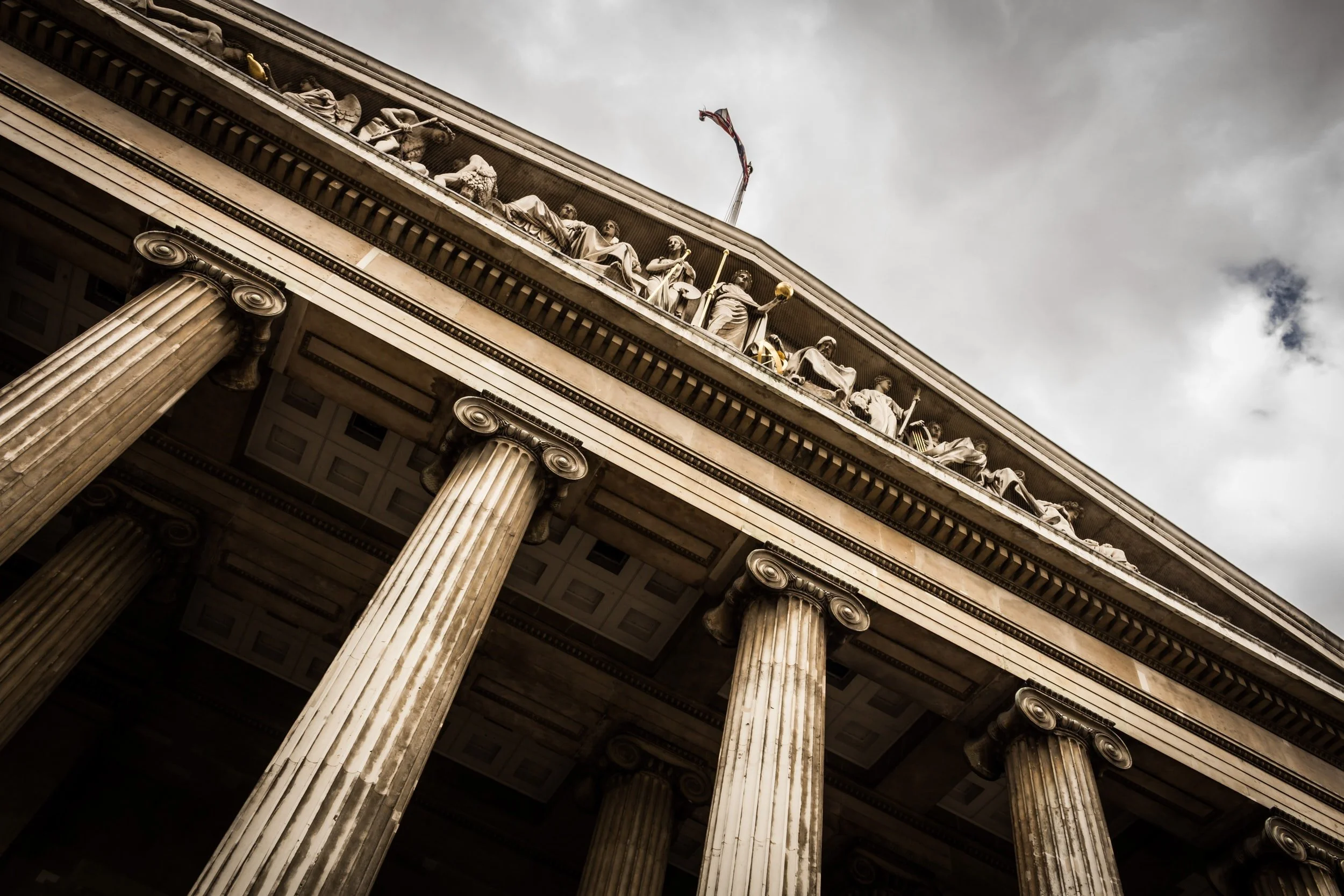Sustainability Decisions Enabling Sustainable Business
Sustainability is often defined as meeting today’s needs without compromising the needs of future generations. But can businesses enact sustainable solutions, often more expensive, sometimes less functional, and maintain their own economic sustainability.
Encouraging customers to buy less or make it last seems counterintuitive
Sustainability has been a "hot topic" conversation for several years now, particularly in the disposable packaging industry, but the implications of the philosophy of "sustainability" are much broader in any general discussion of almost any business.
It speaks toward policies and practices and products that promote sustainability as a multi-faceted approach toward meeting the needs of today's businesses, society in general and the environment, without impeding upon the ability of future generations in meeting their own needs. Sustainability is often more narrowly defined to promote a positive profile to a customer base that is growing increasingly more aware of packaging choices and their own commitment to environmental consciousness. This isn't inherently bad; but it also isn't inherently sincere. Most businesses enter the "sustainability" discussion kicking and screaming, or at best, grudgingly.
“When sustainability is viewed as being a matter of survival for your business, I believe you can create massive change.”
The defining aspect invariably is customer engagement. Are the restaurant or grocery customers asking questions about sustainable practices? Are they inquiring about the best practices regarding the energy solutions for the business they patronizing? Do they look at the packaging offered for the items they're buying? Are they searching for its recyclability number? Are they asking about compostability? Many consumers vote on such topics with their dollars and any successful business must take this into account as they make their procurement and operational decisions.
Customers gravitate toward suppliers that mirror their social priorities
But there's also the pressure that may be applied by governmental mandates or legislation. New building regulations may define what lighting and how large a retention pond is required and how many parking spaces are necessary to meet zoning regulations. And depending on the business, the decisions may be narrowed by additional legislative edicts making various packaging solutions, depending on their construction material, obsolete (or more pointedly, against the law).
Product bans, building and zoning requirements, local ordinance mandates can all create complications to the business models of suppliers impacted
There is another definition of the word "sustainable" though. That is the consideration of processes and practices that enable the business to thrive, or at the very least, sustain itself through challenging times. Sometimes this requires hard decisions or shifts in strategy. Often it requires introspection and the willingness to pivot based on the trends or the the obstacles encountered. In this context, sustainability is important to the business, and the employees and customers of that business that are reliant upon the enterprise.
Over the last decade, businesses in every sector of the economy have determined that it would be to their benefit to develop a "sustainability plan" as a component of the company's Mission Statement. If your business doesn't have a "sustainability plan" it might be a good time to consider such an exercise. If you have developed a sustainability plan in the past, with the recent exposure of supply chain challenges created by the increases of demand and the constraint of supply, whether a result of market dynamics, the pandemic or other external factors, it may be time to review that policy and revise to meet the current market conditions, current customer engagements and current supplier concerns.




